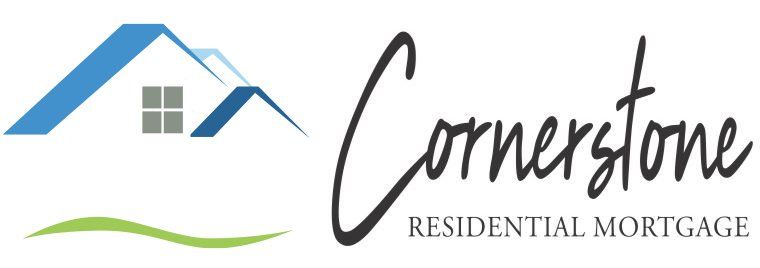Buying Your First Home? Avoid These Common Mortgage Mistakes
- By Admin
- •
- 14 Oct, 2019

For many young adults and couples, buying a home is their first major purchase. Shopping for a mortgage can be confusing, which can lead many first-time buyers to make one or several major financial mistakes. Here are a few common first-time home buyer mortgages mistakes to avoid.
Failing to Determine a Realistic Budget
The cost of a home is more than just the mortgage. Homeowners must also take several other costs into consideration when creating a final budget, including homeowner's insurance, taxes, mortgage insurance, and upkeep. Create a list of your current expenses, including your rent, car payment, utilities, and other reoccurring monthly bills. Are you having trouble meeting your current obligations or do you have wiggle room every month?
Never purchase a home that is too expensive for your current budget. Many first-time buyers secure a mortgage that is too large with the expectation of earning more money in the future. Instead, create a budget that allows you to comfortably afford your mortgage, while setting aside an emergency fund to cover any unexpected household repairs.
Failing to Check Their Credit Score
Mortgage lenders take several factors into account during the approval process, including the applicant's debt to income ratio, income, and other monthly bills. The applicant's credit score is another huge consideration. Before you apply for a mortgage, check your credit score to ensure there aren't any inaccuracies and if there are any negative marks.
For example, consider paying off your old credit card bills or paying down your student loans. If you don't have all the money to pay off old debt, contact the lenders to settle the debts. Contact the credit bureaus, if you find any inconsistencies. You can petition to have any fraudulent accounts or debts remove from your report.
Taking steps to improve your credit score can ensure you secure a mortgage and that your rates are lower.
Failing to Secure a Mortgage Pre-Approval
Before you set foot in a single open house or start looking online for your dream home, applying for a mortgage and secure a pre-approval. First- time home buyers often confuse the terms pre-approval, and pre-qualified and assume they are the same. In reality, a pre-qualification means you may meet the financial and credit requirements to secure a loan.
A pre-approval means you have applied for the loan and the mortgage lender has provided you with maximum loan amount and you can move forward with the buying process. Failing to secure a pre-approval means that you find your dream home and put in an offer, you must go through the mortgage application process. You could wind up losing out of your home while you shop for the best rates.
Applying for Credit Cards, Car Loans, or Other Loans During the Mortgage Process
You've found a great home, have a mortgage pre-approval, and are waiting to sign the final papers. This is an exciting time and many first-time homeowners want to start purchasing furniture, electronics, and other decorative items to fill their new home. Securing a new credit card or other lines of credit can lower your credit score and raise your debt to income enough to make your mortgage lender think twice about granting your final loan.
Instead, wait to apply for a credit card, buy new items for your home, or even secure a car loan until after the final mortgage paperwork is signed. This ensures your credit score doesn't move and your mortgage pre-approval is safe.
Avoiding common first-time home buyer's mistakes can help make the home buying process run more smoothly. Contact the professionals at Cornerstone Residential Mortgage with all of your other questions and concerns.



